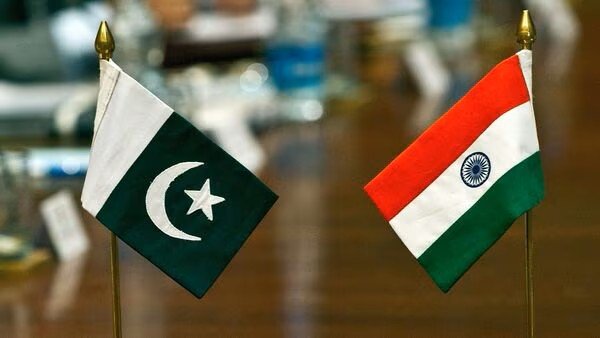Jammu and Kashmir, the Indian government has taken a firm diplomatic stance by declaring two Pakistani military diplomats as persona non grata. This move is a strong political signal to Islamabad, particularly as evidence points to Pakistan-based terror groups being behind the deadly assault. As bilateral relations take another hit, the decision has sparked conversations around broader issues, from regional diplomacy to the Indus Water Treaty.
So, what does persona non grata actually mean, and how does it influence India-Pakistan ties already strained by recurring border tensions and terrorism?
Understanding the Term Persona Non Grata
“Persona non grata” is a Latin term meaning “an unwelcome person.” In diplomatic practice, it refers to a foreign representative or official who is no longer acceptable in the host country. Once declared persona non grata, the individual must leave the country within a stipulated timeframe. The term is often used as a retaliatory or defensive measure when the host country believes the individual has acted against its interests.
By applying this designation to Pakistani military diplomats, India has not only withdrawn their diplomatic privileges but also issued a direct condemnation of Pakistan’s alleged involvement in the Pahalgam attack.
The Pahalgam Terrorist Attack: A Flashpoint
The recent Pahalgam attack involved the ambush of Indian security forces by terrorists believed to be associated with Pakistan-based outfits like Jaish-e-Mohammed and Lashkar-e-Taiba. These groups have a long history of operating with the tacit approval, if not outright support, of Pakistan’s intelligence and military networks.
Following the incident, India has increased security along key borders, including the Attari-Wagah crossing. Surveillance has also intensified along infiltration-prone routes near the Sindhu River, where cross-border movements are suspected.
Read More: Gunfire in the Hills: Udhampur Encounter Claims Life of Indian Soldier
Diplomatic Fallout: SAARC and Regional Coordination at Risk
The decision to expel Pakistani diplomats is likely to have ripple effects on regional cooperation. Tensions have already impacted forums such as SAARC (South Asian Association for Regional Cooperation), where India and Pakistan have clashed over issues of cross-border terrorism. With India maintaining a firm position, the possibility of meaningful dialogue within such multilateral platforms continues to dwindle.
At the same time, treaties like the Indus Water Treaty—or Indus Valley Treaty—remain under pressure. This historic 1960 agreement, which governs the distribution of the waters of the Indus River system between India and Pakistan, has often been hailed as a rare example of cooperation. Yet in times of heightened hostility, political circles in India have questioned the wisdom of continuing with the agreement, especially if Pakistan does not act against terror outfits operating on its soil.
The Role of the Attari-Wagah Border
The Attari-Wagah border is not only a symbolic crossing but also a crucial point for diplomatic exchanges, trade, and cross-border travel. The daily flag-lowering ceremony here reflects both nations’ competitive nationalism and their shared history. However, after incidents like the Pahalgam attack, India tends to limit diplomatic activity across this route as a form of protest and to reevaluate bilateral interactions.
Sources suggest that non-essential diplomatic communication through the Attari border has already been curtailed, and some cross-border people-to-people events have been postponed indefinitely.
Looking Ahead
Declaring Pakistani military officials persona non grata sends a clear message: India will no longer tolerate provocations that threaten national security. This step is part of a broader strategy to isolate Pakistan on the global stage and highlight its alleged links to terror financing and operations.
With India keeping a close watch on developments and maintaining diplomatic pressure, the situation continues to evolve. For Pakistan, the question remains: will it take steps to repair ties, or will it double down on its current trajectory?
As tensions simmer and both sides navigate this complex diplomatic dance, the world will be watching developments not just in New Delhi and Islamabad, but also at key flashpoints like the Sindhu River, the Attari border, and within multilateral platforms such as SAARC.

